I'm trying to write a batch file that will look at every character in a small text file (a CUE sheet, actually) and do three things -- remove all question marks, replace any slash marks with a hyphen and replace colons with two hyphens -- as per the second line in the example below.
TRACK 01 AUDIO
TITLE "Colon: Slash / Question Mark?"
(would be changed to)
TITLE "Colon -- Slash - Question Mark"
I know how to use findstr to copy the lines containing those characters to a new text file (but only those lines), and not how to do the search-and-replace. And findstr also has the unwanted consequence of removing leading spaces, which I wish to retain. Not sure what's the right approach here. (I should add that for various reasons I prefer not to use a third-party utility.)


